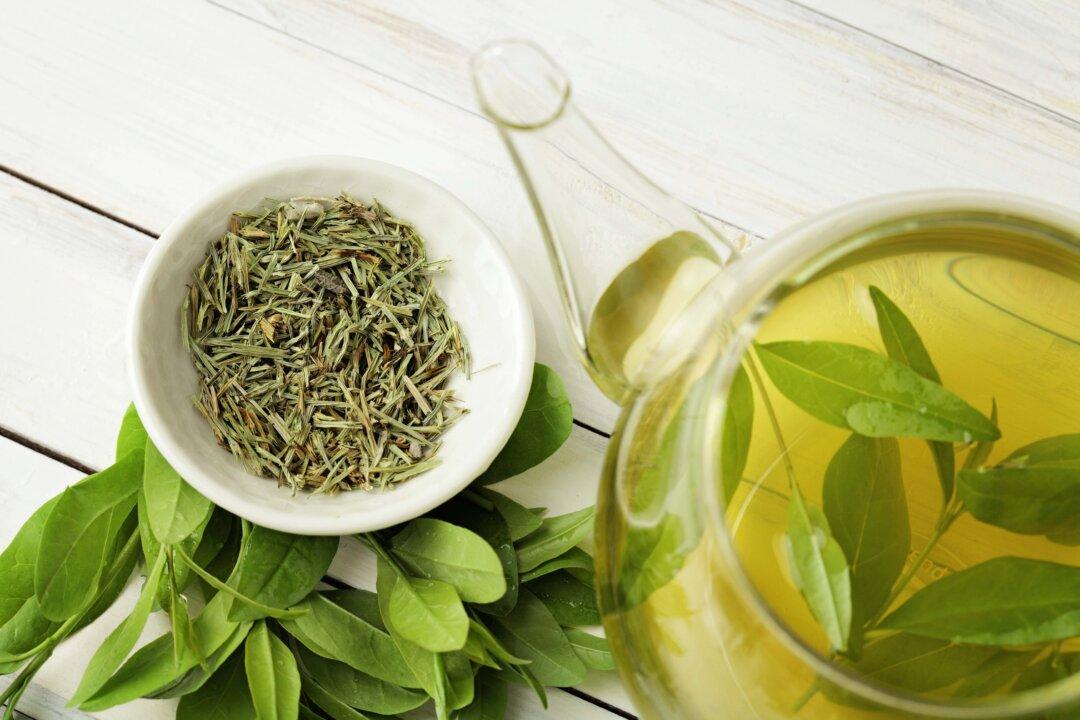New research casts doubt on on previous assumptions about how ingredients in green tea work to promote health.
Green tea has long been known to have health benefits. In particular, it contains catechins called ECG and EGCG that are said to prolong life.





